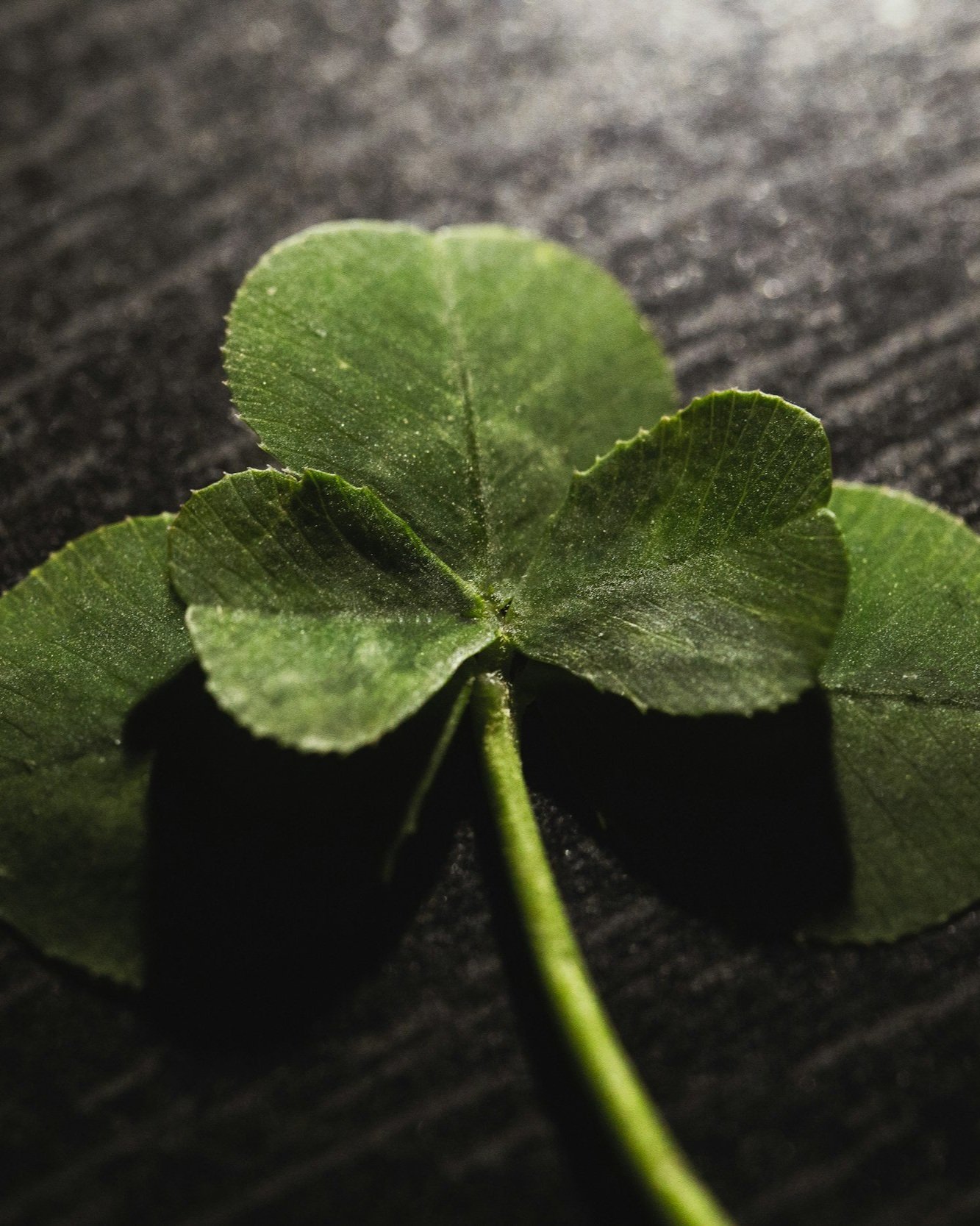Coincidences
The Fascinating World of Coincidences: Meaning, Luck, or Mere Chance?
Life is full of surprises. Just when you think things are following a predictable pattern, an unexpected event occurs that seems too perfect to be random. You run into an old friend in a faraway city, dream of someone you haven’t seen in years only to get a message from them the next day, or stumble upon exactly the right piece of information at the right time. These experiences, often dismissed as mere chance, are what we call coincidences. But do they mean something more? Are they signs of luck, fate, or just statistical probability playing tricks on us?
What Are Coincidences?
A coincidence is when two or more unrelated events occur in a way that appears meaningful, even though no direct causal connection exists. The term itself comes from the Latin coincidere, meaning “to fall together.” While they often feel remarkable, coincidences are, at their core, the result of probability. Given the vast number of interactions and events happening around us every day, seemingly improbable occurrences are actually quite likely over time.
Do Coincidences Have Meaning?
This is where perspectives diverge. Some believe that coincidences are more than random events and carry deeper meaning—whether as signs from the universe, messages from a higher power, or glimpses into the interconnectedness of all things. Psychologist Carl Jung coined the term synchronicity to describe meaningful coincidences that seem too significant to be purely accidental. He suggested that these events might reflect an underlying pattern or purpose in our lives.
On the other hand, skeptics argue that humans have an innate tendency to find patterns and meaning where none exist. This psychological phenomenon, known as apophenia, explains why we might see faces in clouds or assign significance to random numbers appearing repeatedly in our lives. From this perspective, coincidences are simply a byproduct of our pattern-seeking minds.
Coincidences and Luck
Many people associate coincidences with luck—both good and bad. Finding a $20 bill on the ground, meeting your future spouse in an unlikely place, or getting a job offer just when you need it most might feel like fortunate coincidences. But is luck really involved?
Luck is often seen as an external force that influences events in our favor. However, researchers suggest that what we call luck is often a combination of openness, awareness, and action. People who notice and act on opportunities that arise from coincidences may be more “lucky” than those who dismiss them outright. In this way, coincidences can be catalysts for positive change if we pay attention and take advantage of them.
Embracing Coincidences
Whether you see coincidences as random, meaningful, or lucky, they add a sense of wonder to life. They remind us that the world is full of unexpected connections and possibilities. Instead of brushing them off, consider embracing them as opportunities for curiosity, growth, and reflection. Who knows? The next time you experience a remarkable coincidence, it might just change your life in ways you never imagined.


